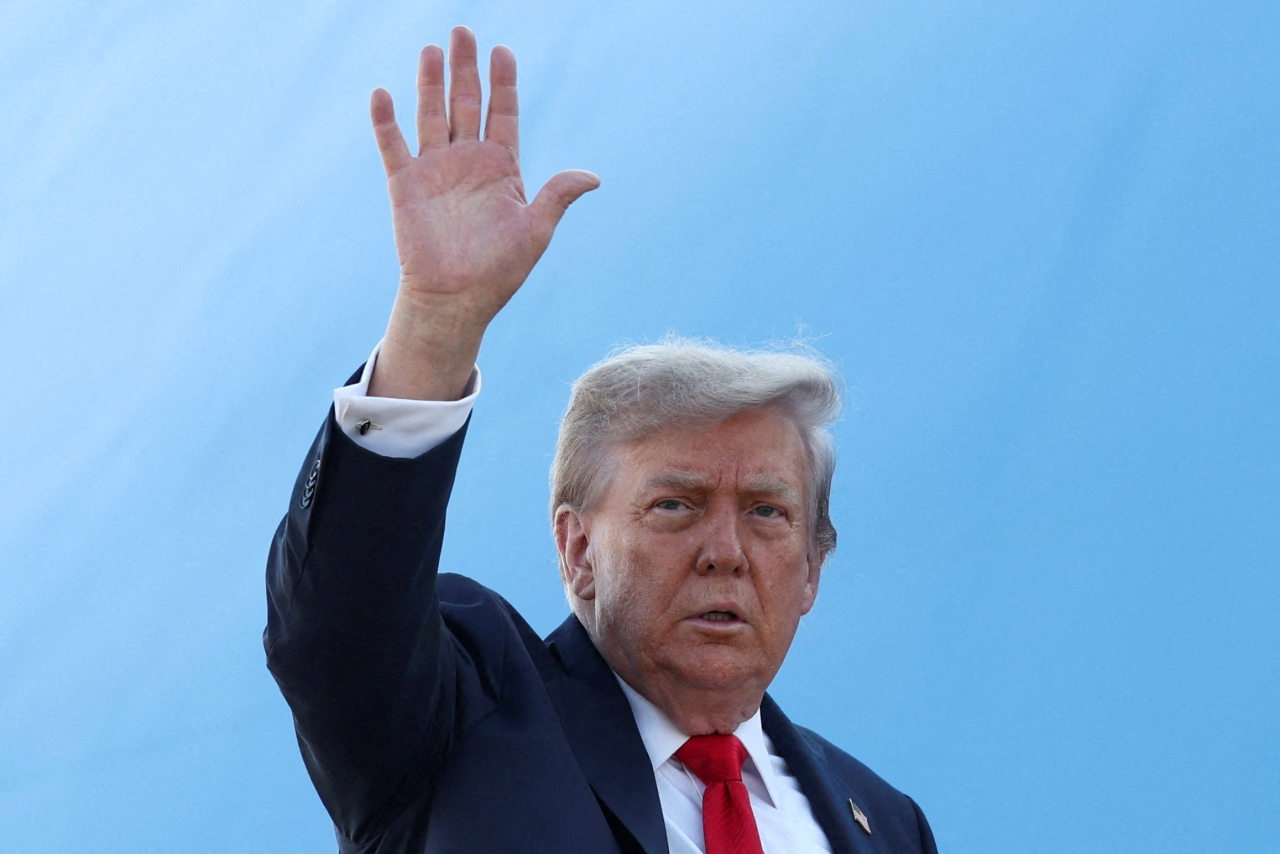The controversy surrounding the investigation into Russian interference in the 2016 Presidential Election, commonly referred to as Russiagate, significantly influenced public perception of Donald Trump. This narrative, fueled by extensive media coverage, not only shaped Trump’s presidency but also raised questions about the responsibilities of journalism in reporting political events.
In the aftermath of the election, multiple media outlets, including The New York Times, CNN, and The Washington Post, reported extensively on allegations of collusion between the Trump campaign and Russian officials. These reports were pivotal, leading to the appointment of Robert Mueller as Special Counsel in May 2017 to investigate the claims. The media’s portrayal of the investigation created a political environment that many argue bolstered Trump’s image as a victim of a biased system, thus galvanizing his support base.
As the investigation unfolded, the findings released in the Mueller Report in March 2019 did not establish a criminal conspiracy between the Trump campaign and Russia. Despite this conclusion, the narrative had taken root. Trump’s repeated claims of a “witch hunt” resonated with his supporters and millions of Americans who felt disillusioned by traditional media narratives.
Critics now argue that the media’s initial approach to the investigation may have inadvertently strengthened Trump’s position. The extensive coverage of the allegations led to a polarized public discourse, where many supporters viewed Trump as a target of political machinations. This dynamic raised critical questions about the media’s role and accountability in shaping political narratives.
Media Accountability and Public Perception
The impact of the Russiagate narrative on Trump’s presidency highlights a broader concern regarding media responsibility. As the public increasingly turns to various news sources, the potential for misinformation grows. The desire for sensationalism can often overshadow the importance of accuracy.
Several major outlets have since acknowledged their shortcomings in reporting the story. While some have issued corrections, the implications of their initial coverage continue to ripple through American politics. The challenge lies in reconciling the desire for engaging stories with the need for factual reporting.
The media’s role is crucial, and its influence on political figures cannot be understated. The landscape of American politics has changed, as seen in the 2020 presidential election, where Trump leveraged the narrative of victimhood to rally his base. The consequences of earlier reporting are evident in the resilience of his support, despite the controversies that have surrounded his administration.
The Path Forward for Journalism
Moving forward, journalists face the challenge of rebuilding trust with the public. The lessons learned from the Russiagate saga are essential for ensuring that future reporting maintains a balance between engaging narratives and factual integrity. Engaging in transparent corrections and acknowledging past errors can help restore credibility.
As the political climate continues to evolve, the media must prioritize accuracy over sensationalism. The responsibility of informing the public is paramount, particularly in a time when misinformation poses a significant threat to democratic processes. The case of Russiagate serves as a poignant reminder of the media’s power and the need for accountability in reporting.
The implications of this investigation will likely be debated for years to come. Understanding how media narratives shape public perception is crucial for both journalists and the public. Ultimately, the path to a more informed electorate hinges on the commitment to rigorous, accurate reporting.







































































